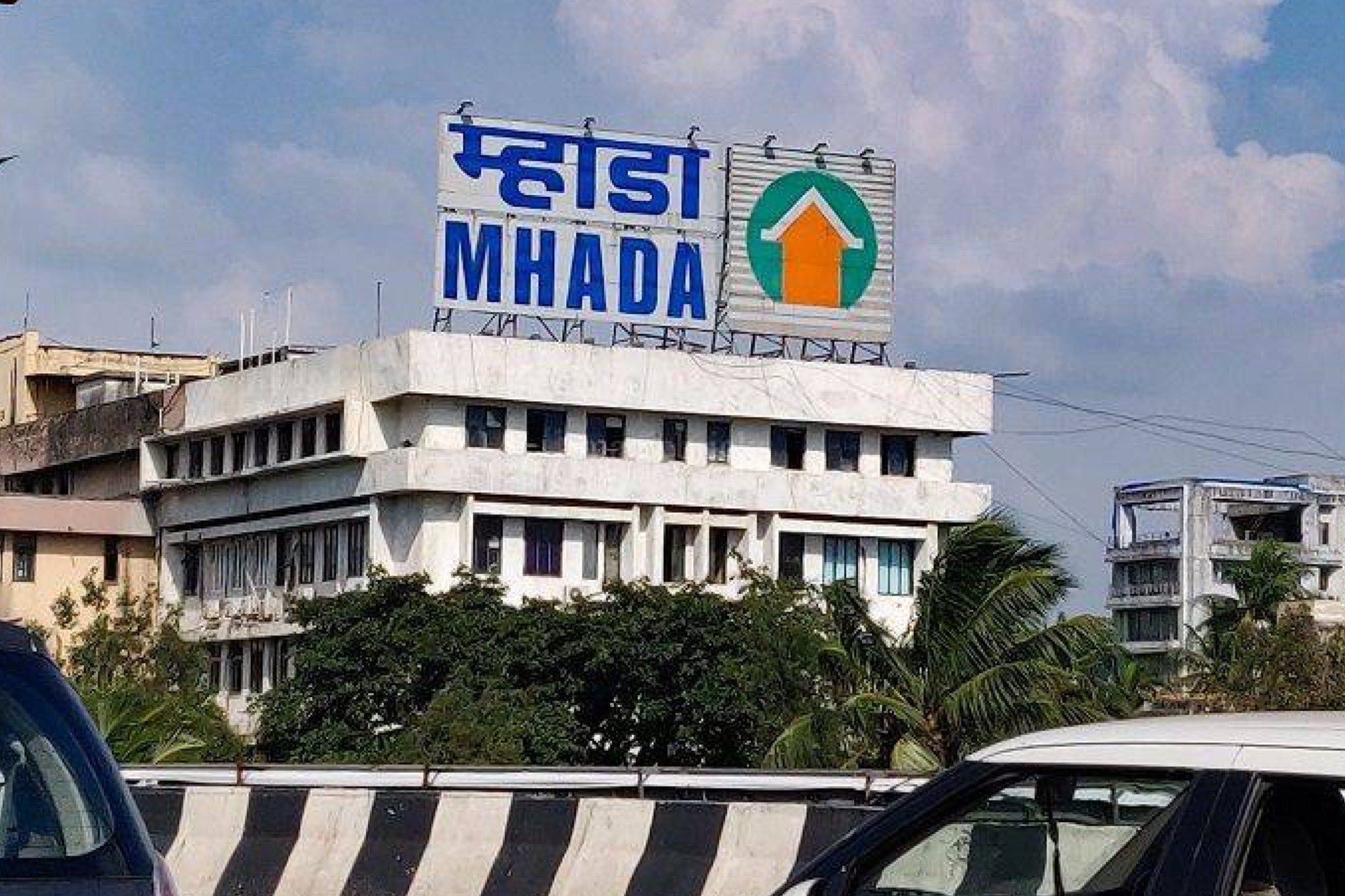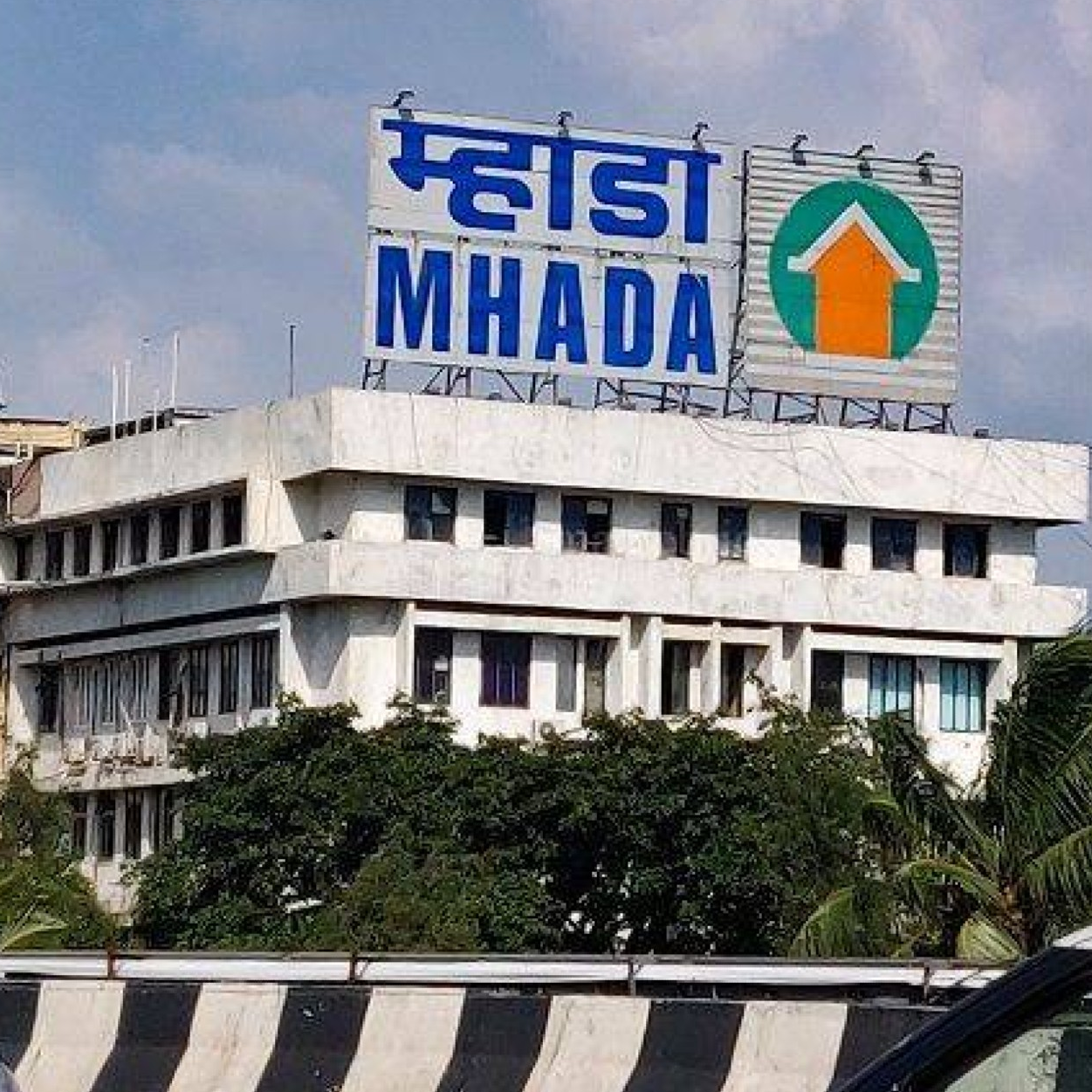
MHADA Brings New Premium Formula for Redevelopment Projects
In a move that could significantly reshape Mumbai’s redevelopment ecosystem, the Maharashtra Housing and Area Development Authority (MHADA) has introduced a new method for calculating premiums on commercial space in redevelopment projects under its Mumbai Board. The authority has moved away from its long-standing rule that charged 1.5 times the residential rate for additional commercial floor space, replacing it with a data-driven formula that reflects actual market conditions.
This reform, steered by the vision of IAS Sanjeev Jaiswal, Vice President and CEO of MHADA, represents a decisive shift toward pragmatic policymaking. It reflects a deeper understanding that Mumbai’s housing renewal challenges cannot be solved by rigid pricing structures but through responsive governance and transparent valuation systems.
Why the Old Premium System Needed Change
For years, developers and housing societies across Mumbai have argued that MHADA’s earlier premium structure was outdated and financially burdensome. The previous model—charging between 60% and 142.5% of the residential rate for commercial space—often inflated overall project costs, pushing redevelopment plans into uncertainty or indefinite delays.
The multiplier-based approach ignored the sharp variations in market value between residential and commercial properties across Mumbai’s diverse zones. In some locations, the formula overvalued commercial potential, making small-scale societies and mid-tier developers hesitant to proceed. Consequently, many ageing MHADA colonies—some over five decades old—remained trapped in structural decay, waiting for viable redevelopment models to emerge.
This imbalance highlighted a broader policy challenge: how to make redevelopment financially sustainable while ensuring fair compensation for the state.
The New Formula: Market-Linked and Rational
The revised system replaces rigidity with realism. MHADA’s new premium formula begins with the Ready Reckoner land value—the state’s official benchmark for property valuation—and applies the percentage defined under the Development Control and Promotion Regulations (DCPR) 2034) for commercial usage.
This value is then adjusted against prevailing market prices of both commercial and residential properties in the area, ensuring that the final premium represents actual market dynamics rather than an arbitrary multiplier.
Officials explained that this data-driven framework not only simplifies calculations but also provides predictability and fairness for developers, societies, and the government alike. It brings MHADA’s policy structure closer to international urban redevelopment models, where transparency and flexibility are key enablers of private participation.
Economic Implications for Developers and Societies
This policy shift has wide-ranging implications for Mumbai’s redevelopment economy. By lowering financial barriers, MHADA is effectively reviving projects that had been shelved or delayed due to prohibitive premiums. Developers now have room to recalibrate budgets and timelines, leading to faster approvals and greater investor confidence.
Housing societies, many of which were caught in legal and financial stalemates, will now find it easier to negotiate redevelopment agreements. With commercial valuations aligned to real market conditions, project economics become more balanced—ensuring that both residential and commercial components remain viable.
Developers have welcomed the move as a “fair and rational approach”, particularly at a time when the city faces an acute housing shortage and rising construction costs. Industry observers suggest that by unlocking redevelopment in previously unviable zones, MHADA could potentially accelerate the renewal of over 1,000 pending projects within the next few years.
A Broader Push for Urban Regeneration
The premium reform is not a standalone adjustment but part of a larger policy vision to reinvigorate Mumbai’s housing stock and enhance livability. The city’s urban core continues to house thousands of families in ageing buildings that are structurally weak, energy-inefficient, and space-constrained.
The new formula complements other recent state measures such as simplified approval processes, cluster redevelopment incentives, and enhanced Transfer of Development Rights (TDR) flexibility. Together, these initiatives are expected to create a multiplier effect in the real estate sector—stimulating job creation, improving infrastructure, and increasing housing supply in line with urban demand.
At a macro level, these reforms align with India’s urban policy priorities, including the National Urban Housing and Habitat Policy and the Pradhan Mantri Awas Yojana (Urban), which aim to make housing more accessible while ensuring financial sustainability.
Governance Through Data and Predictability
What distinguishes this policy update is its methodological shift from arbitrary calculation to data-informed governance. By linking premiums to Ready Reckoner values and current market ratios, MHADA is introducing objectivity into what was previously a subjective exercise.
Officials point out that such formula-based frameworks can reduce disputes, increase revenue transparency, and shorten decision-making cycles—three factors that have historically hindered redevelopment in Mumbai. Moreover, predictable cost structures can improve project financing terms, making it easier for developers to secure institutional funding.
This also strengthens accountability. When policy is grounded in verifiable data, it becomes easier for both citizens and stakeholders to understand the rationale behind government charges—fostering a climate of trust rather than contention.
Balancing Affordability and Growth
One of the enduring challenges for urban policymakers has been balancing affordability with growth. Redevelopment often faces criticism for benefiting developers at the cost of affordability for end-users. The new MHADA formula, by reducing speculative premiums, could indirectly help moderate the cost of housing units in redeveloped projects.
It creates a system where government revenue, developer profitability, and citizen welfare are not competing objectives but parts of a balanced economic equation. As the Mumbai housing market expands, this kind of calibrated policymaking becomes essential to sustain both growth and inclusion.
A Pragmatic Step Toward Housing Renewal
MHADA’s new premium formula marks a turning point in Mumbai’s redevelopment narrative—one that blends economic pragmatism with social responsibility. By grounding policy in real market data and flexible regulation, it restores equilibrium to a sector that had long struggled under legacy rules.
More importantly, it signals a renewed administrative commitment to urban regeneration through rational policymaking, not ad hoc fixes. In the long run, such measures can accelerate the transformation of Mumbai’s housing landscape, ensuring that redevelopment remains both economically viable and socially inclusive.



